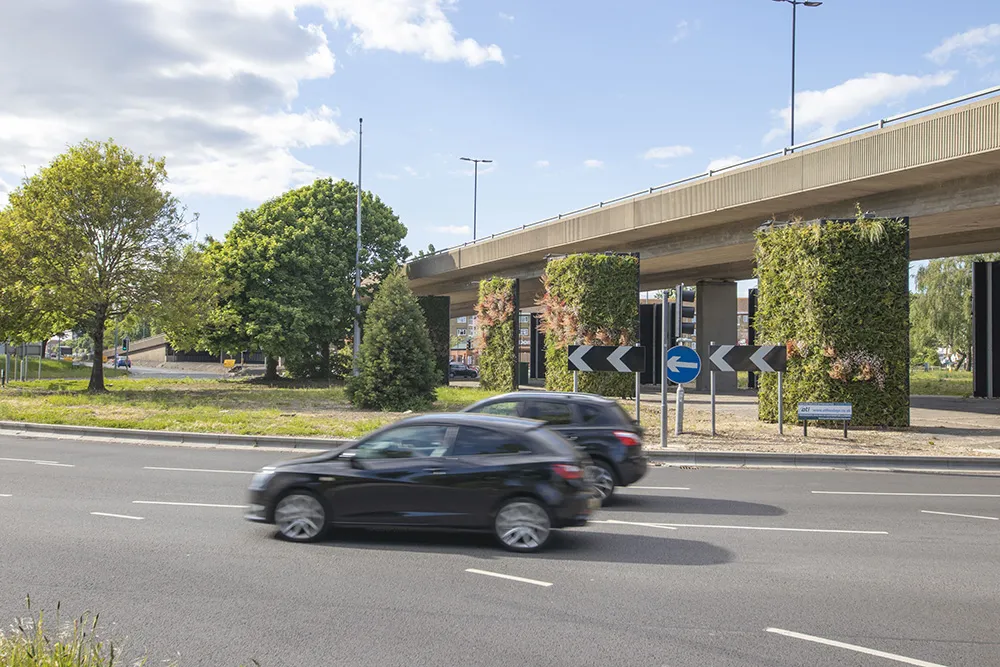According to a report by UITP (the International Association of Public Transport), poor air quality, physical inactivity and road traffic injuries are causing an increase in health problems, although it says there is an obvious solution at hand: active transport.
Insufficient physical activity has been identified by the World Health Organisation as the fourth leading risk factor for global mortality. Due to our sedentary lifestyles, obesity, heart disease, strokes and certain cancers and diabetes are o
February 18, 2016
Read time: 2 mins
According to a report by UITP (the International Association of Public Transport), poor air quality, physical inactivity and road traffic injuries are causing an increase in health problems, although it says there is an obvious solution at hand: active transport.
Insufficient physical activity has been identified by the World Health Organisation as the fourth leading risk factor for global mortality. Due to our sedentary lifestyles, obesity, heart disease, strokes and certain cancers and diabetes are on the rise, as UITP’s new Policy Brief, Unlocking the health benefits of mobility, reveals. Urban air pollution and traffic injuries are also responsible for a further 2.6 million deaths annually, mostly in low- and middle-income countries.
How we move around cities is having a direct impact on our health, but there is an alternative: the health benefits of active transport (walking and cycling combined with public transport) can prevent many of the 3.2 million deaths from physical inactivity. Compared with the sedentary experience of driving a car, public transport plays a central role in encouraging more active travel as most journeys by public transport also involve a walk or cycle to a stop or station.
Efficient urban public transport brings major health benefits not only in facilitating more active lifestyles but also by fighting against climate change, cutting traffic congestion and reducing air and noise pollution. Active transport also has direct economic benefits: if for example, selected European cities had the same cycling modal share as Copenhagen, 76,600 extra jobs could be created.
“Urban transport policies can either actively enhance public health or pose a health risk to society,” said Alain Flausch, UITP secretary general. “Getting it right by focusing on active transport makes sense not only for the sake of our health, but it will help transform our cities into greener, more prosperous and agreeable places in which to live and do business”.
Insufficient physical activity has been identified by the World Health Organisation as the fourth leading risk factor for global mortality. Due to our sedentary lifestyles, obesity, heart disease, strokes and certain cancers and diabetes are on the rise, as UITP’s new Policy Brief, Unlocking the health benefits of mobility, reveals. Urban air pollution and traffic injuries are also responsible for a further 2.6 million deaths annually, mostly in low- and middle-income countries.
How we move around cities is having a direct impact on our health, but there is an alternative: the health benefits of active transport (walking and cycling combined with public transport) can prevent many of the 3.2 million deaths from physical inactivity. Compared with the sedentary experience of driving a car, public transport plays a central role in encouraging more active travel as most journeys by public transport also involve a walk or cycle to a stop or station.
Efficient urban public transport brings major health benefits not only in facilitating more active lifestyles but also by fighting against climate change, cutting traffic congestion and reducing air and noise pollution. Active transport also has direct economic benefits: if for example, selected European cities had the same cycling modal share as Copenhagen, 76,600 extra jobs could be created.
“Urban transport policies can either actively enhance public health or pose a health risk to society,” said Alain Flausch, UITP secretary general. “Getting it right by focusing on active transport makes sense not only for the sake of our health, but it will help transform our cities into greener, more prosperous and agreeable places in which to live and do business”.







